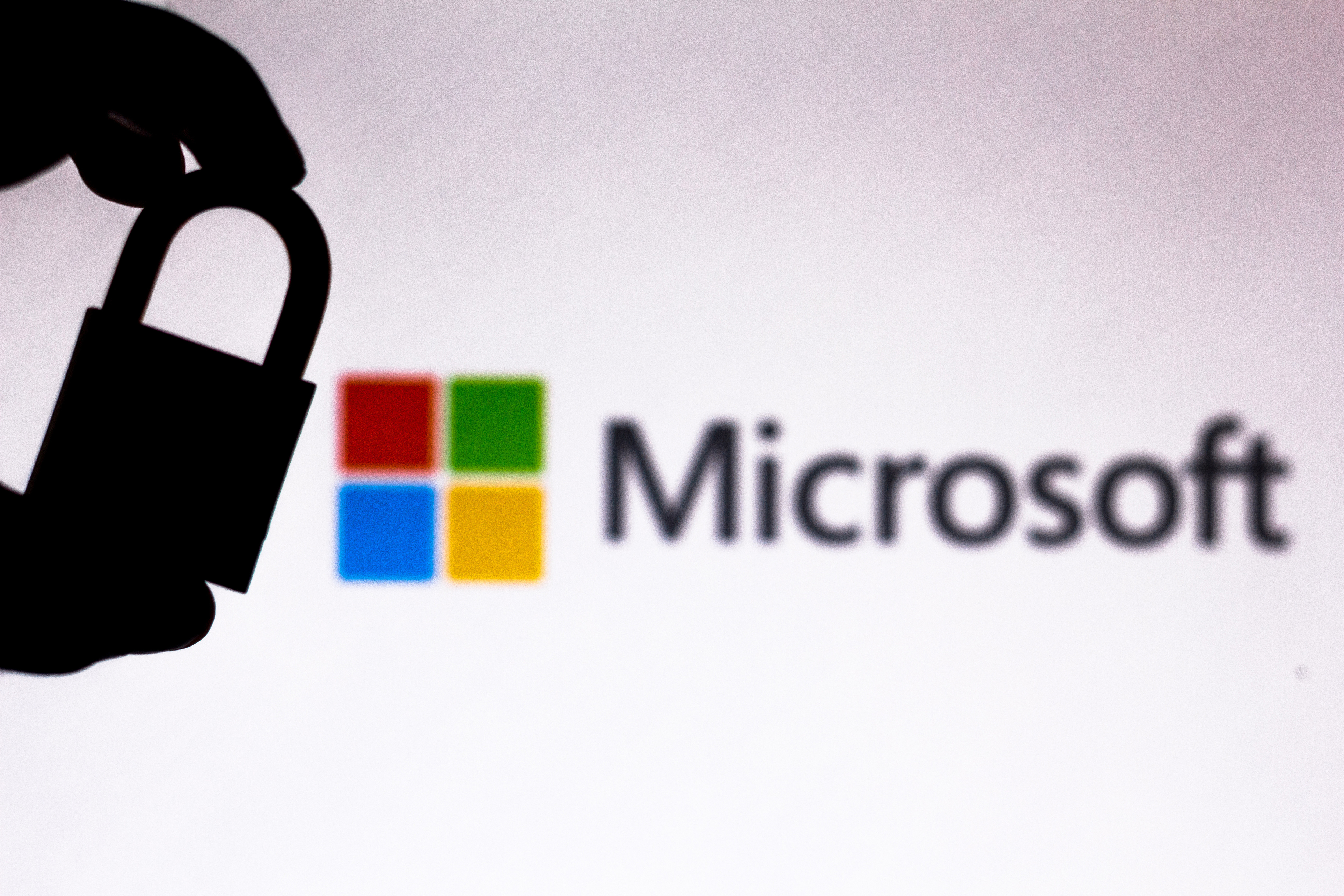Microsoft Exchange servers targeted by 'at least ten hacker groups'
ESET research found that hackers managed to install backdoors on more than 5,000 servers in over 115 countries


No less than 10 advanced persistent threat (APT) groups are taking advantage of the four zero-day vulnerabilities found in Microsoft Exchange.
This is despite previous reports from Microsoft which identified state-backed hacker group Hafnium as the only one behind last week’s attacks, which exploited flaws labelled as CVE-2021-26855, CVE-2021-26857, CVE-2021-26858, and CVE-2021-27065.
However, research by Bratislava-based internet security company ESET has found that there are multiple other threat groups and behaviour clusters benefitting from the flaws, having so far identified APT groups such as the Winnti group, Tick, LuckyMouse, Calypso, Websiic, Tonto Team, the “Opera” Cobalt Strike, Mikroceen, DLTMiner, as well as ShadowPad activity conducted by an unknown group and IIS backdoors, which includes Owlproxy.
The Winnti group, which has been active since 2012, had mostly been focused on the online gaming industry until its involvement in last year’s attempts to steal intellectual property from Linux servers. In the past, it has also targeted developers, Chinese journalists, the Taiwanese government, and tech organisations.
Malware researcher Matthieu Faou, who is heading ESET’s research effort into the Exchange vulnerability chain, said that on 4 March ESET researchers “started to observe many more threat actors scanning and compromising Exchange servers en masse”.
“Interestingly, all of them are APT groups focused on espionage, except one outlier that seems related to a known coin-mining campaign. However, it is inevitable that more and more threat actors, including ransomware operators, will have access to the exploits sooner or later. This means we can discard the possibility that those groups built an exploit by reverse engineering Microsoft updates,” he added.
ESET also found that the web shell backdoors, which allow remote control of a server via a web browser, had been installed by the hackers on more than 5,000 unique servers in over 115 countries.
Get the ITPro daily newsletter
Sign up today and you will receive a free copy of our Future Focus 2025 report - the leading guidance on AI, cybersecurity and other IT challenges as per 700+ senior executives
Exchange servers in the UK were some of the 650 hit by the “Opera” Cobalt Strike, which also targeted organisations in the US, Germany, and other European countries just a few hours after the patches were released.
According to Faou, “it is now clearly beyond prime time to patch all Exchange servers as soon as possible”.
“Even those not directly exposed to the internet should be patched. In case of compromise, admins should remove the webshells, change credentials and investigate for any additional malicious activity. The incident is a very good reminder that complex applications such as Microsoft Exchange or SharePoint should not be open to the internet,” he advised.
Microsoft was not immediately available for comment.
Having only graduated from City University in 2019, Sabina has already demonstrated her abilities as a keen writer and effective journalist. Currently a content writer for Drapers, Sabina spent a number of years writing for ITPro, specialising in networking and telecommunications, as well as charting the efforts of technology companies to improve their inclusion and diversity strategies, a topic close to her heart.
Sabina has also held a number of editorial roles at Harper's Bazaar, Cube Collective, and HighClouds.
-
 Bigger salaries, more burnout: Is the CISO role in crisis?
Bigger salaries, more burnout: Is the CISO role in crisis?In-depth CISOs are more stressed than ever before – but why is this and what can be done?
By Kate O'Flaherty Published
-
 Cheap cyber crime kits can be bought on the dark web for less than $25
Cheap cyber crime kits can be bought on the dark web for less than $25News Research from NordVPN shows phishing kits are now widely available on the dark web and via messaging apps like Telegram, and are often selling for less than $25.
By Emma Woollacott Published
-
 The threat prevention buyer's guide
The threat prevention buyer's guideWhitepaper Find the best advanced and file-based threat protection solution for you
By ITPro Published
-
 Supply chain as kill chain
Supply chain as kill chainWhitepaper Security in the era Zero Trust
By ITPro Published
-
 Microsoft under fire for “negligent” security practices in scathing critique by industry exec
Microsoft under fire for “negligent” security practices in scathing critique by industry execNews Microsoft took more than 90 days to issue a partial fix for a critical Azure vulnerability, researchers found
By Ross Kelly Published
-
 Apple patches zero day linked to spyware campaign
Apple patches zero day linked to spyware campaignNews Kaspersky researchers were the first to report a zero day used in a sophisticated attack chain
By Rory Bathgate Published
-
 MOVEit cyber attack: Cl0p sparks speculation that it’s lost control of hack
MOVEit cyber attack: Cl0p sparks speculation that it’s lost control of hackNews The hackers return with their second major data-extortion attack of 2023, but may have bitten off more than they can chew
By Connor Jones Published
-
 Microsoft says it knows who was behind cyber attacks on MOVEit Transfer
Microsoft says it knows who was behind cyber attacks on MOVEit TransferDozens of organizations may have already lost data to hackers exploiting the critical flaw
By Rory Bathgate Published
-
 Trend Micro security predictions for 2023
Trend Micro security predictions for 2023Whitepaper Prioritise cyber security strategies on capabilities rather than costs
By ITPro Published
-
 Windows, macOS, and Tesla exploits debuted at Pwn2Own hacking contest
Windows, macOS, and Tesla exploits debuted at Pwn2Own hacking contestNews Researchers took home more than $375,000 in winnings on the first day of the competition
By Ross Kelly Published